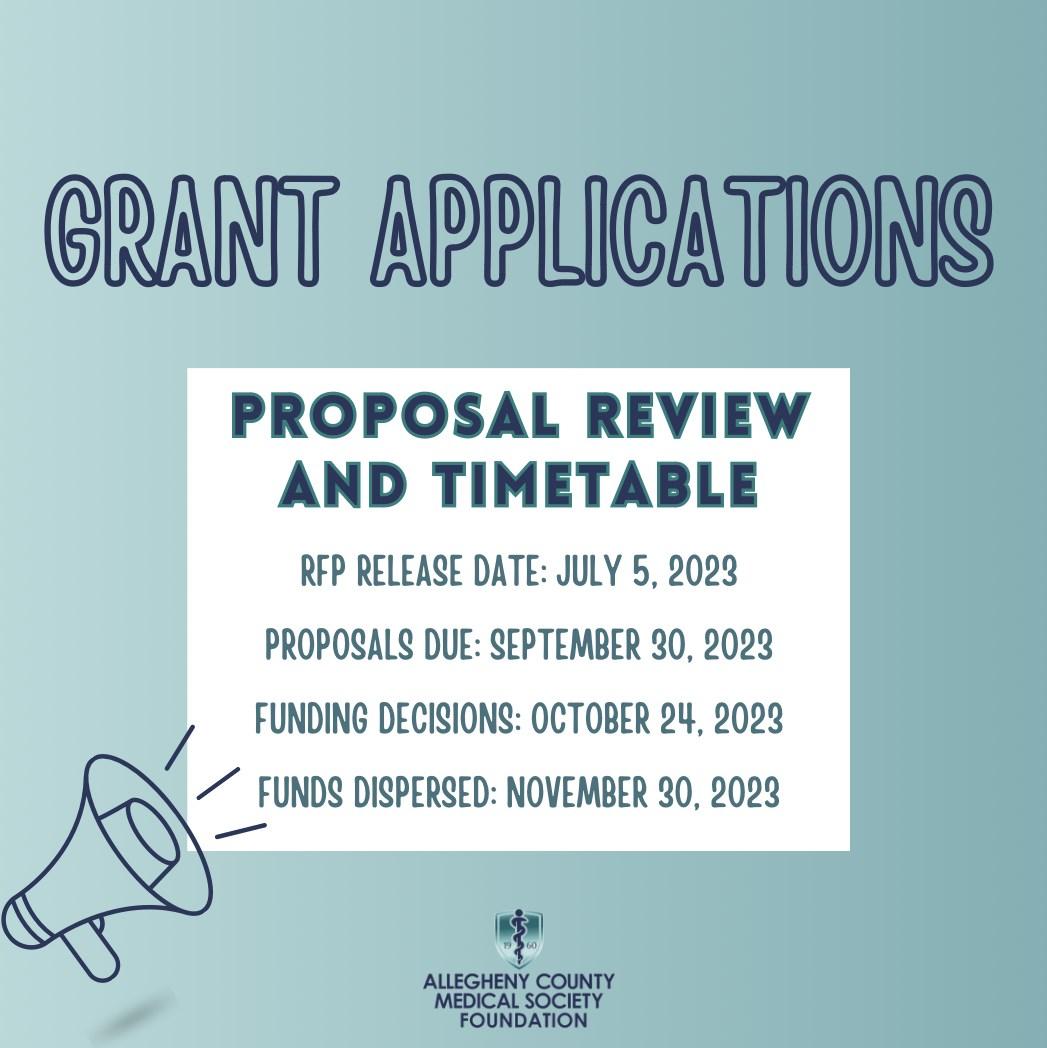
3 minute read
Supreme Court May Force Providers to Take Deliberate Steps to Avoid a False Claims Act Lawsuit
by TEAM
louRDes sanChez RiDge
On June 1, 2023 the U.S. Supreme Court unanimously decided a pivotal issue related to the False Claims Act (FCA)i that will make it more difficult for health care providers to assert a defense. The Supreme Court held that a defendant who knowingly submits a false claim to a government agency seeking reimbursement is liable under the FCA even if the regulation pertinent to the claim is ambiguous and subject to different reasonable interpretations. No longer can a provider argue that the regulation is ambiguous. As long as the government can prove that the provider knew the claim was false, the regulation’s ambiguity is irrelevant. As a consequence, providers will need to take steps to document their basis and beliefs of the truthfulness of their claims submitted to Medicare, Medicaid and other government programs to avoid an FCA lawsuit. It is important for health care providers to understand the FCA, know its ramifications and potential liability because it is one of the statutes most often used against health care providers. The FCA was enacted in 1863 in response to massive frauds on the federal government by large contractors during the Civil War. Today, the FCA is used largely in cases involving health care fraud and defense contracting. The FCA is a federal statute that prohibits anyone to knowingly present or cause the presentation of a false or fraudulent claim for payment or approval to a government agency. For health care providers, the submission of claims to Medicare, Medicaid or any government health care program is most often the basis of an FCA lawsuit. The FCA allows private parties, called “relators” to step into the shoes of the Federal government, who is the victim of the fraud, and bring a civil lawsuit against a party whom they claim has defrauded the Federal Government. In health care, it is often brought because of allegations of upcoding, double billing, phantom billing, kickbacks and other frauds. Once a relator files a complaint, usually under seal, the Government investigates the complaint and decides whether to intervene in the lawsuit. If it intervenes, it proceeds to prosecute the case. If the Government declines to intervene the relators are still able to continue with the lawsuit. The relator’s compensation, however, is significantly higher if the Government declines to intervene and the relator wins the lawsuit. Many times, the provider’s knowledge of falsity is at issue. The FCA requires the relator or the Government to prove two essential elements:
Advertisement
(1) the falsity of the claim and (2) the provider’s knowledge of the claim’s falsity. The provider’s knowledge that a conduct is wrongful is called “scienter”. The FCA defines the term “knowingly” as the defendant 1) having actual knowledge of the falsity 2) acting in deliberate ignorance of the truth (meaning, purposely avoiding taking steps to confirm the veracity or falsity of the information) or 3) acting in reckless disregard of the truth (meaning, being conscious of the risk of falsity but submitting the claim anyways). In U.S. ex rel. Schutte v. Supervalu Inc,ii Supreme Court faced the issue of whether the FCA is violated when there is an ambiguous regulation subject to different reasonable interpretations but where the provider, nonetheless, knew that the claim submitted was false. In Supervalu, the relator alleged that Supervalu and Safeway (the “pharmacies”), submitted false claims to Medicare and Medicaid when it charged its retail prices for medications as their “usual and customary” prices instead of their discounted prices, even though the pharmacies charged their discounted prices a majority of thetime. Medicare and Medicaid state plans offer outpatient prescription drug coverage to its patients but the reimbursement to the pharmacies is limited to the lowest of different amounts including the provider’s usual and customary charges to the general public. The relator argued that claims seeking reimbursement for their retail prices instead of the discounted prices were false claims. The Pharmacies argued that the term “usual and customary” was ambiguous and that other pharmacies may have reasonably interpreted the term to be the retail prices. They argued that this, by itself, should be enough to dismiss the FCA case. The Court held that whether the term was ambiguous is irrelevant. The issue is whether the provider knew the invoices were false or at least knew that there was a high probability that it was false at the time of submission. This ruling substantially limits a provider’s defense to an FCA suit.
Burden of an FCA lawsuit
FCA lawsuits are filed in Federal Court under seal until the court unseals it. Many times, a target is unaware that they are under investigation. Most often the first inkling of an investigation is the Government’s issuance of a Civil Investigative Demand (CID). A CID is a strong tool used by theGovernment where it demands documents, answers and oral testimony from the health care provider. The return of these documents and testimony often leads to an FCA lawsuit and/or criminal indictment. It is very important to engage an attorney to respond to the CID. If a lawsuit ensues, the burden on the provider is enormous. An FCA lawsuit is not only expensive but it disrupts the practice,
Continued on Page 24









